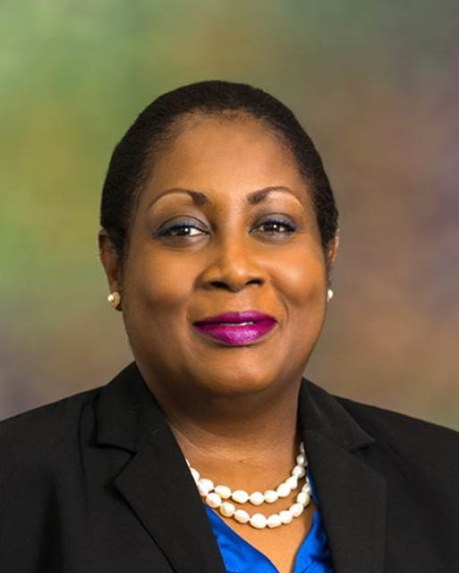Cherise Cox-Nottage MCIArb
Why have you decided to specialise in ADR? What attracted you to this area of law?
My background, like many, arises from the legal world and for many years, I had practised as a Litigation attorney. I accepted an In-House Counsel role in a financial services firm that ultimately gave me a broader perspective on how challenges arose and frankly why it was desirable to find other modes of resolving disputes than the rather public and lengthy court process.
What do you consider as the biggest challenge for ADR in the future?
I think the keeping up with the pace of change and the demands of various industries is going to be a particular challenge. But it is also the greatest opportunity as the need to fully embed resolution processes into emerging industries.
Are there any interesting developments in the field of ADR in the jurisdiction you are based in?
There is a suite of new ADR legislation which is on the horizon in The Bahamas, including efforts to require that attorneys complete statutory certifications regarding required efforts to engage in ADR before the issuance of process. Industry colleagues, the legal fraternity and the judiciary are all encouraged by these developments. I'm particularly encouraged by the interest of younger members of the Bar who are seeking to expand their practice areas. Given that The Bahamas has what is said to be the 3rd largest Shipping Registry in the world, specialists in maritime law are also pleased at these developments. We also look forward to The Bahamas' signing onto the Singapore Convention which we understand should be achieved before 3Q20
What is it like to work in a predominantly male profession such as ADR?
Like any traditionally male dominated profession, ADR is not unique in presenting similar challenges that we encounter as women at the Bar or in any other similarly male dominated profession. I would venture that the same advice pertains to making our way in ADR – i.e. Hard work, Integrity, Competence and Networking. These attributes and skills are all rightly connected to our reputational standing which is our 'stock' in trade in this profession.
What do you consider to be your biggest achievement in the field thus far?
CCN: I have had the singular honour of being elected as CIArb Chair for The Bahamas Branch in 2019. I literally started out in a role that assisted the Secretary and 'made my way through the ranks' over the years. Our Branch is young but we are determined, as we have done, to engage the political policy maker, members of the Judiciary and Industry stakeholders in order to expand the profession.
Tell us about your interests, hobbies or any out of work activities.
I'm a member of several conservation groups including The Bahamas' National Trust. With the Climate Crisis literally on our doorsteps and the increasing experiences of hurricanes, most notably Hurricane Dorian which in 2019 devastated 2 of The Bahamas' 23 inhabited islands, the need for urgent meaningful action, especially to assist for those of us which are SIDS ( Non-polluting Small Island Developing States) cannot be over stated. So yes, we are raising our voices at the UN , and frankly at every global fora for the need for responsible action.
If you could experience first-hand one historical event what would it be and why?
As a Woman of Colour, and specifically of African descent, the request to look back fondly, to be honest, does not make me feel 'warm and fuzzy' inside. Our past and current challenges are not unknown.
Of course, I intend no disrespect to any of the legendary historic figures who have rightfully earned their places in history by their remarkable contributions to humanity.
However, as an unashamed ScFi devotee, I would prefer to respond to the question by looking forward to a future time e.g. 3020. Accordingly, I would like to see a CIArb Global Conference held in e.g. London or Nassau where we can celebrate the continuing work of CIArb and its efforts to ensure that the institutionalized high standards for entering and continuing in the ADR profession are retained and strengthened.
As members of CIArb we have all benefited from that membership and support and from the institutions which the English have gifted to the world. This has, to a large extent, assisted in the advancement of Human Rights/Women's Rights in many nations.
In 3020, when we are all looking back 1000 years, we will see the impact of the increased participation of women, our wisdom, the unique sensibilities and experiences that we bring in service to the ADR profession. By 3020 in the same manner that the ADR profession in our nations benefitted from the services and leadership of CIArb London, we see those female practitioners taking their rightful places in leadership roles nationally. We also see those nations and their female practitioners influencing the future work and direction of the Institute as the partnership deepens with a rich cross fertilization of ideas, laws and best practices all building on each other to provide inputs into the ongoing growth of the Institute so that we see the profession: “going where no man has gone before. “
